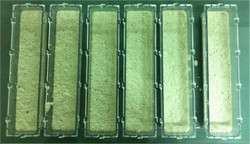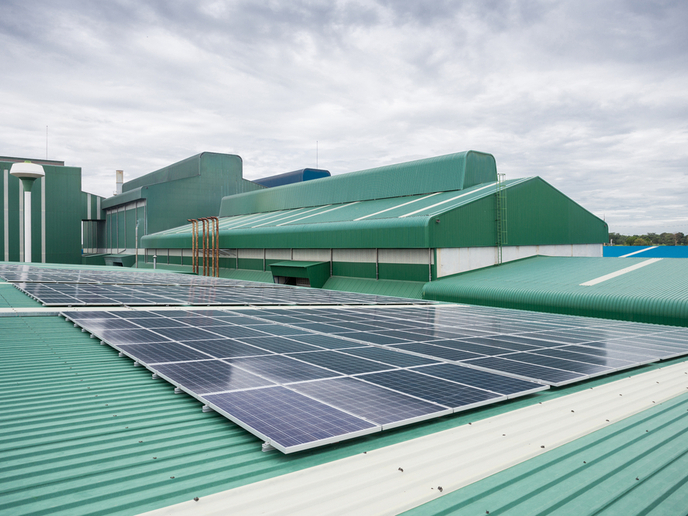Innovative foam material for energy-efficient buildings
Building regulations in the EU are increasingly demanding in terms of physical properties. This has created a need for an effective insulating material that is not manufactured from asbestos or fossil fuel derivatives. The EU-funded AT-INSULATE(opens in new window) (Development of a new cost-efficient and not-fuel fossil dependent insulating foam material which meet the strict EU requirements regarding thermal and noise efficiency in building and ship construction) project set out to develop a novel material to fulfil these requirements. Work began by identifying and selecting potential raw materials such as fillers and surfactant additives in order to obtain the final foam solution. To understand their impact on foam properties, several thermal, acoustic and mechanical tests were carried out. A foaming procedure was also investigated. Project partners enhanced bonding of the gypsum and sodium bicarbonate solution and its effect on the foam's mechanical properties and strength. They further improved the mechanical properties by adding modified fillers. This resulted in a gypsum foam that is more mechanically resistant. Lastly, scientists validated the developed material for different wall applications based on current requirements in European building wall insulation codes, namely thermal conductivity, sound absorption, mechanical strength and fire-resistance rating. AT-INSULATE introduced an insulating foam solution that is light and non-flammable, offers good acoustic insulation and can be produced at low cost. It fulfils increasingly stringent thermal and acoustic requirements laid down by national and international building regulations while ensuring optimised energy efficiency and reducing negative environmental impact.







